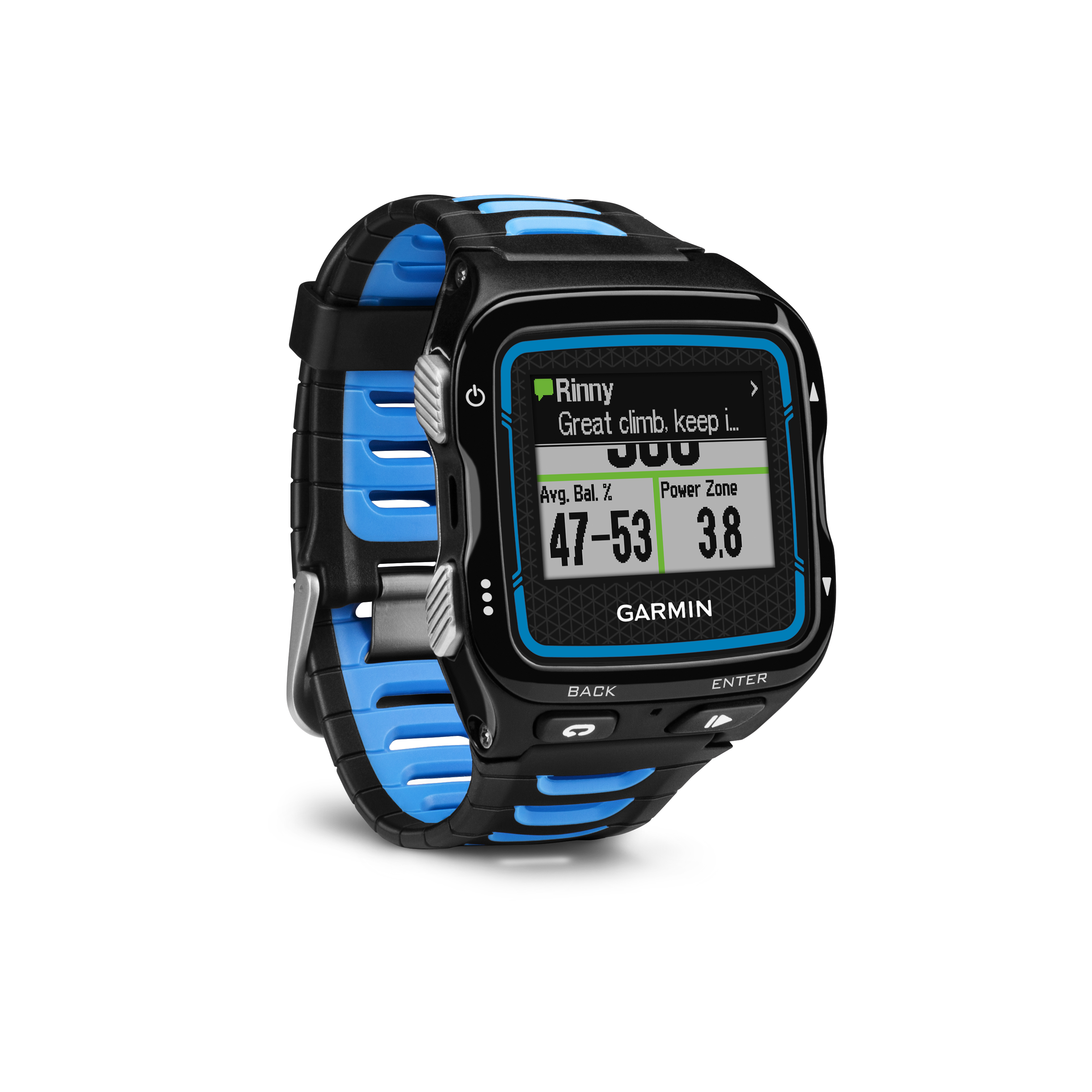
As far as fitness trackers and activity is concerned, having the ability to monitor and track your hear rate is incredibly beneficial and useful, for a whole variety of different reasons. Not only can this assist you with your training, but more importantly, it can also assist you with your health and fitness in general.
Whilst virtually all fitness trackers have the ability to monitor your heart nowadays, the
general consensus is that chest strap monitors are considered to be much more reliable and
accurate than monitors with optical sensors. Although wearing a chest strap can get quite uncomfortable at times, it will provide a far more accurate reading, especially for fitness buffs who wants to train within specific bpms.
However, it is worth noting that modern technology is advancing and evolving, so optical sensors are improving day by day. Whether you’re an athlete looking to boost your endurance, somebody simply looking to shed a few pounds, or somebody who has suffered with heart troubles in the past, fitness trackers with heart rate monitors are very beneficial. Here’s a look at two with chest straps, and two with optical sensors.
Chest strap fitness trackers
 Garmin Forerunner 920XT – First up, we have the Garmin Forerunner 920XT. This premium fitness
Garmin Forerunner 920XT – First up, we have the Garmin Forerunner 920XT. This premium fitness
tracker from Garmin is one of the most popular devices currently on the market, for a whole variety of different reasons. It is built for multi sport use – from swimming, cycling, running and more. Plus it provides smart notifications to alert you of emails, texts, and other alerts, it looks great and looks just like a smart watch, it allows users to share info on social media, it features live tracking, it logs calories, distance and pace, and it is fully waterproof.
What’s more, with its ultra-reliable heart rate chest strap, you can monitor your heart rate in an extremely reliable fashion. At around $400, it is at the high price range but for triathletes and multi sport users, this is an appealing tracker to consider.
 Mio Alpha 2 – Up next we have the Mio Alpha 2, which is our second offering with a heart rate chest strap. This heart rate monitor is EKG-accurate, even at performance speeds, it allows users to customize their own unique heart rate zone, there are audible alerts, you can send heart rate data from the watch to mobile devices and vice versa, it can be synced via Bluetooth to the Mio Go App, and the device can even be used in the water. At around $130, the device is incredibly reasonably priced.
Mio Alpha 2 – Up next we have the Mio Alpha 2, which is our second offering with a heart rate chest strap. This heart rate monitor is EKG-accurate, even at performance speeds, it allows users to customize their own unique heart rate zone, there are audible alerts, you can send heart rate data from the watch to mobile devices and vice versa, it can be synced via Bluetooth to the Mio Go App, and the device can even be used in the water. At around $130, the device is incredibly reasonably priced.
Optical sensors
 TomTom Spark – Now, for the first of our fitness trackers with optical sensors, we have the TomTom Spark. This device features an in-built heart rate monitor, it fits comfortably on the wrist, it allows users to track and log all forms of activity throughout the day, it tracks calories burnt, speed, pace, and distance traveled, and much more.
TomTom Spark – Now, for the first of our fitness trackers with optical sensors, we have the TomTom Spark. This device features an in-built heart rate monitor, it fits comfortably on the wrist, it allows users to track and log all forms of activity throughout the day, it tracks calories burnt, speed, pace, and distance traveled, and much more.
For 24/7 heart rate monitoring, the TomTom Spark is a very effective device indeed. It easily syncs with apps and smart devices, it is water resistant, users can train in 5 separate heart rate zones, it tracks and logs sleep, and much more. At around $247, whilst being a little pricey, the general feeling is that the device is well worth the extra cash.
 Fitbit Surge – Finally, the last device we’ll look at today, is the Fitbit Surge. The surge
Fitbit Surge – Finally, the last device we’ll look at today, is the Fitbit Surge. The surge
automatically tracks sleep, it logs and tracks calories burnt, it features wrist-band heart rate
monitoring, it features eight-sensor technology, it provides multi-sports tracking, it provides caller ID, GPS tracking, smart notifications and alerts, and much more. Unfortunately, like all Fitbit Brands this is not waterproof. So if you like a swim, do not wear it. The Fitbit Surge comes in at around $200, which many people agree on, is very reasonable for what you’re getting with this quality activity tracker.
There you have it, four quality fitness trackers that are worth considering. Not every tracker will suit everyone, and not every device will be perfect. But it comes down to what you want out of the activity tracker. If you want color in your workout and a device that provides relatively accurate readings, then optical sensor is a good option.
For the serious fitness training enthusiast who wants to master heart rate based training and beat their personal best, a fitness tracker that comes with chest strap monitoring is the way to go.
For a more extensive list of the top rated waterproof fitness trackers, please visit
http://waterprooffitnesstracker.net/ and get the latest trends, news of upcoming fitness trackers.

